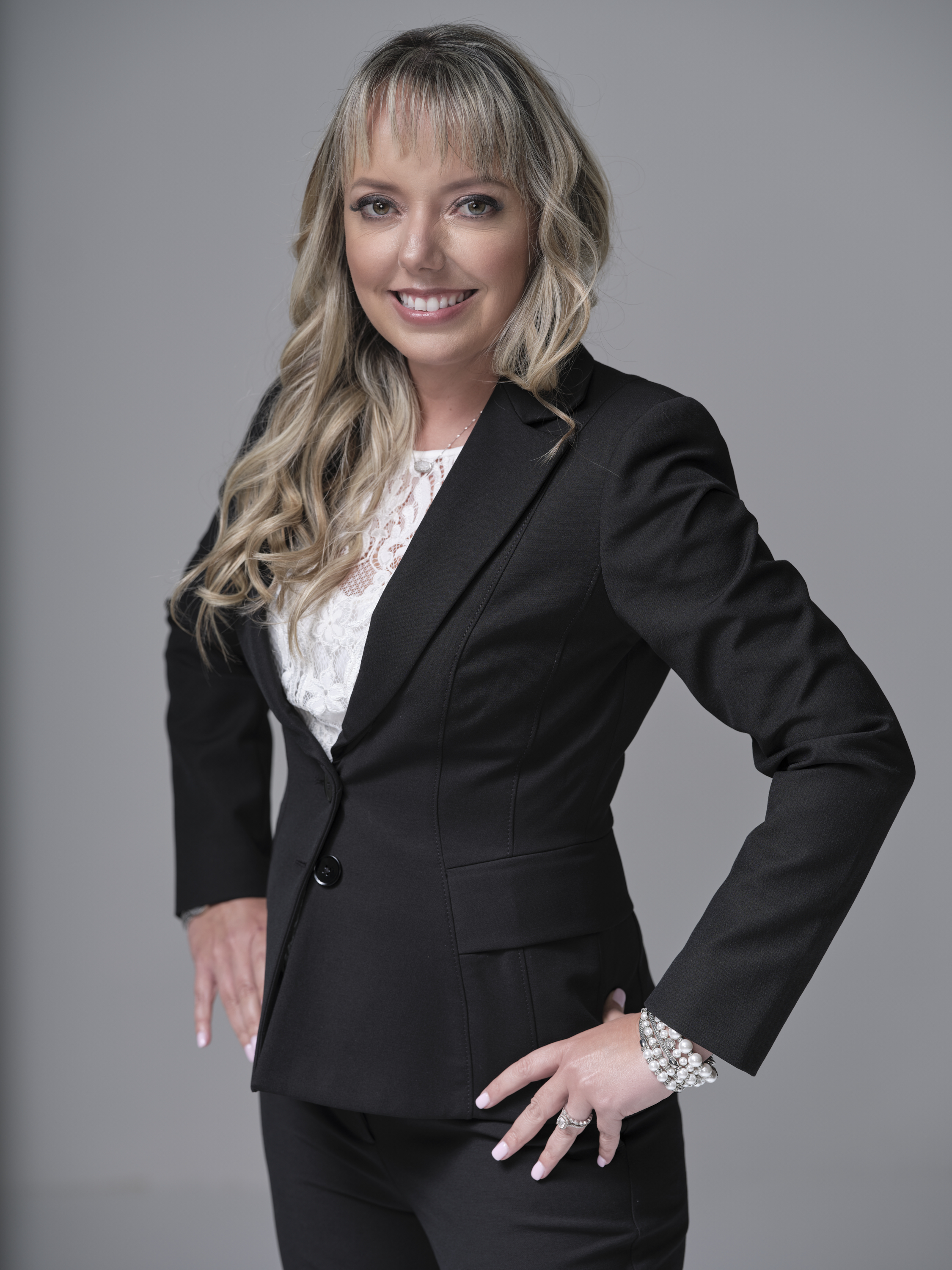The E-1 Treaty Trader visa allows business owners and employees from certain countries to enter the United States to conduct trade. Applicants must live in countries with existing treaties of commerce or navigation with the United States to qualify. The trade must be substantial and involve goods, services, or technology exchanged regularly between the two countries. The E-1 visa is temporary but renewable. It does not lead to a Green Card, but it allows the holder to stay in the U.S. as long as they meet the trade requirements.
Who Qualifies for an E-1 Visa?
Business owners and employees from treaty countries can apply for E-1 visas. The business must conduct substantial trade, and more than 50 percent of its international trade must be with the United States. There is no set dollar amount required, but trade must be consistent and high enough to support the trader and their family.
Employees must have the same nationality as the business owner and work in a supervisory, executive, or essential capacity. Employees must work only in approved roles and cannot take other jobs while in the U.S. If the employer is a company, at least half of its owners must meet the treaty trader requirements. Family members can accompany visa holders but do not need to be from the same treaty country.
How to Apply for an E-1 Visa
The application process for an E-1 visa depends on whether you are inside or outside the U.S. If you are outside the U.S., you must complete Form DS-160 and submit it online. You must also complete Form DS-156E if you are a business owner or key employee. After submitting the forms, you must schedule an interview at a U.S. embassy or consulate in your home country.
If you are already in the U.S. on a different visa, you can apply for a change of status by filing a Form I-129 with U.S. Citizenship and Immigration Services (USCIS). You must submit supporting documents, including proof of substantial trade and business ownership or employment, along with your application.
Processing times vary by location, and consular officers may request additional documents. You should apply early and follow all instructions carefully to avoid delays. If approved, you will receive an E-1 visa allowing you to enter the U.S. and conduct trade.
Required Documents for E-1 Visa Applications
You must submit several documents to support your E-1 visa application. You must provide a valid passport, a completed Form DS-160, and a visa fee payment receipt. Business owners and key employees must also submit a Form DS-156E.
You must provide evidence of substantial trade between the United States and your treaty country to prove eligibility. This might include business invoices, contracts, shipping records, or tax returns. If you are a business owner, you must also show proof of ownership, such as articles of incorporation, shareholder records, or partnership agreements.
If you are an employee, you must submit a job description that confirms your executive, supervisory, or essential role. You should also provide a letter from your employer explaining your duties and qualifications. Family members applying as dependents must submit marriage or birth certificates. Consular officers may request additional documents, so you should review embassy guidelines before your interview.
Contact an Immigration Lawyer Now
Applying for an E-1 visa requires careful planning and strong supporting documents. Mistakes or missing information can lead to delays or denials. Zepeda Law Firm can help you prepare your application and avoid common problems. Contact us today for a free consultation so you can speak with an immigration attorney serving Fort Worth and Southlake, Texas.

